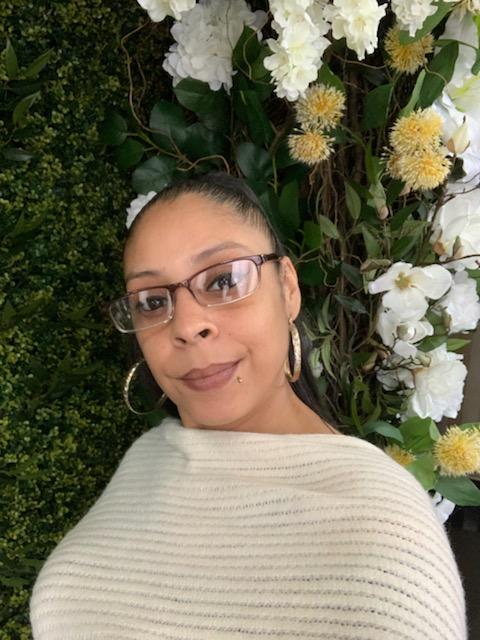
As dictated by the client and lightly edited.
I’ll be honest, I did not like therapy at first. I hated it. I didn’t want anybody in my business.
I also didn’t think my therapist would be on my side. That’s because the way I ended up at the [Jamaica Family Wellness] Center was because I had an ACS case open, and they recommended it to me. My husband was into drugs, we were losing our house, and I was smoking weed to deal with my problems. I thought ACS sent me to the Center so they could get evidence to take my kids away. I didn’t want to speak to [my therapist] Maricela because I thought she would use what I said against me. It took a while to open up to her. But little by little, I realized she wasn’t looking for a reason to take my kids away. She was there to help me and my family. She actually listened, and instead of looking at me negatively and judging me, she heard me, helped me, and made me realize that I could make changes in my life.
For example, I didn’t know that I had anxiety and depression. I had an idea but wasn’t really sure. Now that we know what it is, we can treat it. In addition to therapy, I take medications and have medication management appointments with the on-site nurse practitioner.
Maricela also helped me with a lot of practical problems I was having. My life was a mess. I didn’t have ID. I didn’t have my kids’ birth certificates. I didn’t know where to start. Maricela helped me with a lot of it. She helped me get my paperwork, my ID, and food stamps through Benefits Access. Maricela helped me with the paperwork because my reading isn’t that good. Sometimes I don’t understand what I’m reading, and Maricela would help me. She also introduced me to a group at the Center for people with addictions, and it helped me get off weed.
My motivation was my kids. I didn’t want to lose them. I always knew I had to do better, but I didn’t know how. I would smoke weed to deal with my past trauma and emotional issues. During treatment, I gained coping skills and techniques that have helped me manage my feelings and emotions in a healthy, positive way and make good choices. I started taking up drawing and coloring, which helps take me out of that “zone.” And Maricela is always there for me.
I have been in therapy for a few years, and I’m happy to say that my relationship with my kids is great now. Before, my depression was taking over. It was hard to attend to the kids while dealing with the issues I had, and I would just shut down. But with Maricela’s help, I learned to handle it. I try to be open with my kids so they will talk to me when they have a problem. When they do need me, I can be there for them. Instead of looking for reasons to take my kids away, Maricela was there to make sure I could be the best parent I could be.
Now that I’ve been in therapy for a while, I am ready to start working on my own goals so I can be the best I can be for myself, too. My goals include getting a house that I can pay for and going back to school for home decorating. I also want to improve my reading skills. I couldn’t focus on that when I had so much going on with my addiction and my kids, but now I’m ready.
I have a new way of thinking. I used to be really negative. I would look at myself like I couldn’t do anything right. I thought I wasn’t smart enough. I put myself down. Now I don’t see myself like that. I know I am capable of improving, and even though I’m older, I still can have goals and reach them. I may not be as smart as I want to be, but I am a smart woman and can try. Before, I didn’t even want to try. Now it’s different: I go out, I spend time with family, and I push myself. Before, I didn’t want to go to school. Now I can’t wait to go back. I am good at art, at decorating. My cousins and aunt who came to visit saw my artwork and said it looked so pretty and asked to have it. Now it’s hanging in their homes.
I have a totally different view of therapy than I did when I started. With a person who is not a part of your everyday life, you can put yourself out there a little bit more, and they won’t judge you. If you get a good counselor, it will help you change your family and your way of thinking. And changing that is what makes other changes possible.
 I came to The Child Center of NY when I was 14. Five years later, I’ve come a long way to be where I am now, talking about my journey and my healing through therapy. Some of it is hard to talk about, and some of it I have a hard time remembering, as a symptom of my post-traumatic stress disorder. It’s difficult to look back to the memories I do have, because I’ve matured a lot and have become a very different person. I can hardly imagine being the girl I was back then.
I came to The Child Center of NY when I was 14. Five years later, I’ve come a long way to be where I am now, talking about my journey and my healing through therapy. Some of it is hard to talk about, and some of it I have a hard time remembering, as a symptom of my post-traumatic stress disorder. It’s difficult to look back to the memories I do have, because I’ve matured a lot and have become a very different person. I can hardly imagine being the girl I was back then.

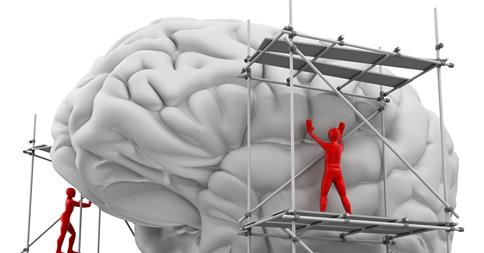

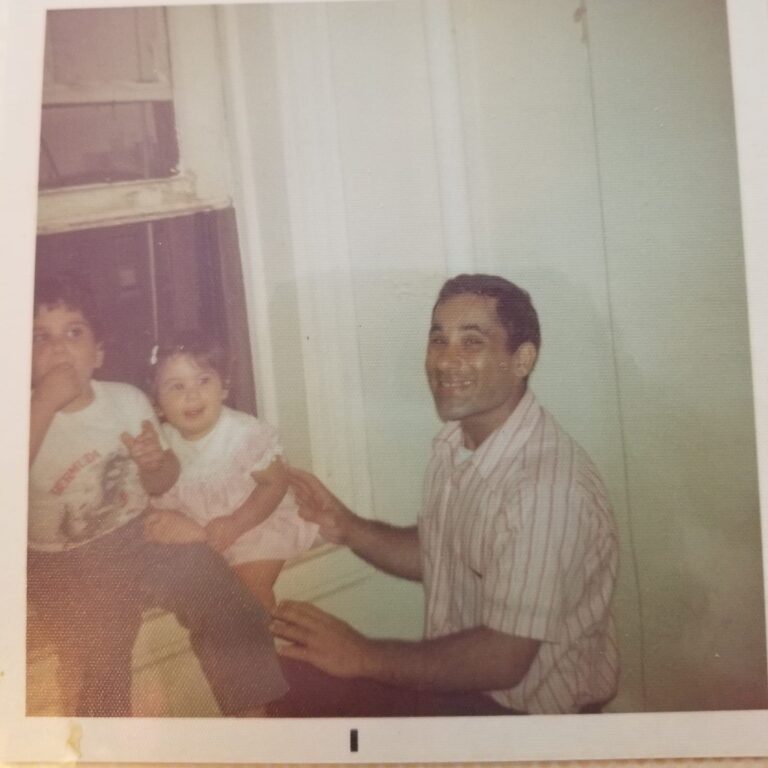
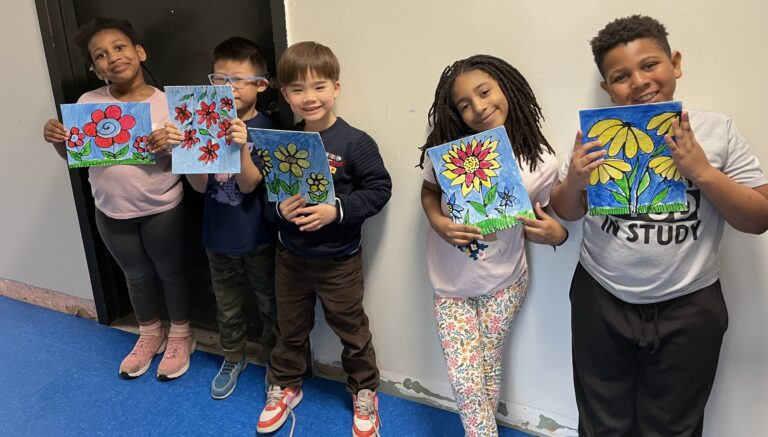
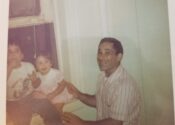



You must be logged in to post a comment.